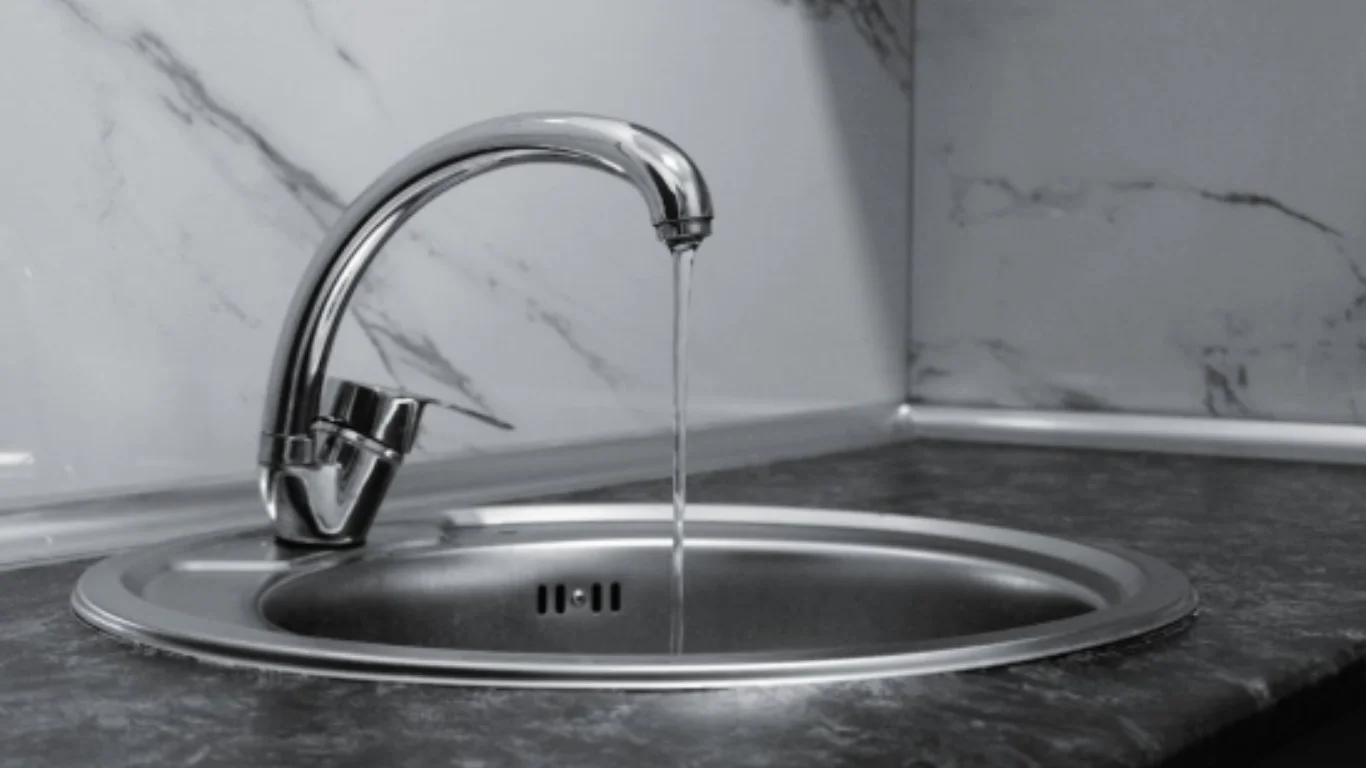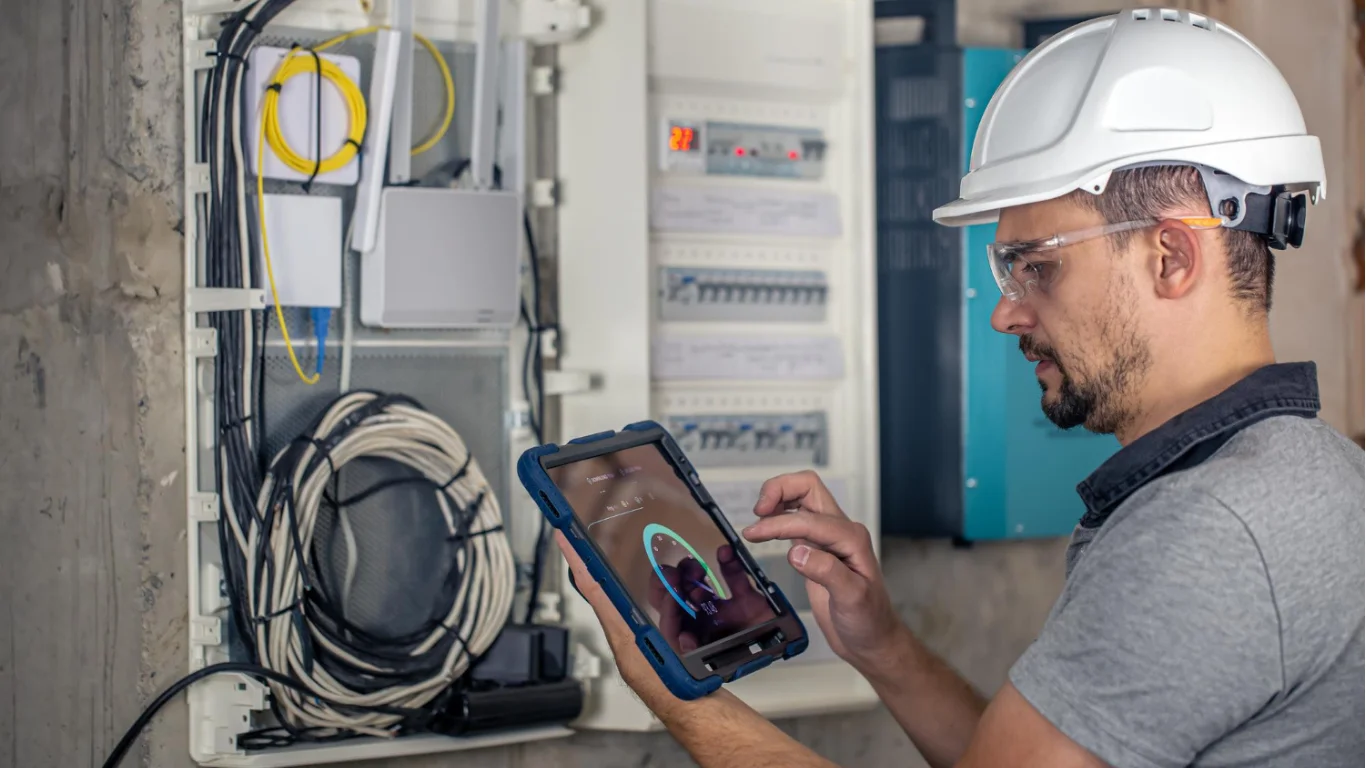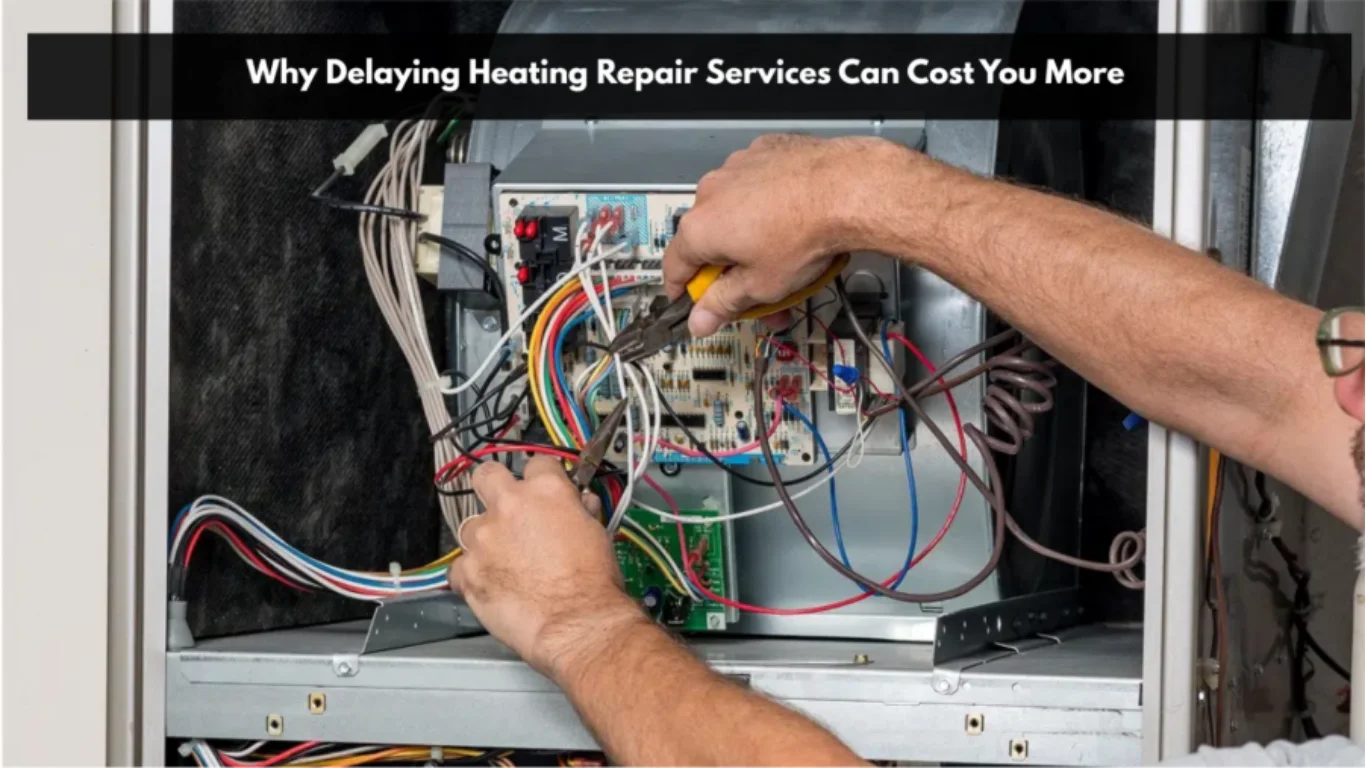Imagine turning on your kitchen faucet one morning only to hear air sputtering instead of water flowing. It’s a frustrating reminder of just how dependent we are on our home’s water system. Whether it’s for drinking or cleaning, having steady access to clean water is something most homeowners take for granted, until something goes wrong.
Your home’s water system is a delicate network of pipes, valves, and pumps that all need to function properly to deliver consistent pressure and quality. For many households, especially those using private wells, maintaining that balance can be a bit more involved. Unlike municipal systems, private wells are the homeowner’s responsibility. That means regular maintenance, timely repairs, and occasional inspections are key to keeping things running smoothly.
With the right knowledge and a few smart habits, you can prevent most issues before they start. Let’s take a closer look at how your system works and what you can do to keep it performing its best.
Understanding How Your Water System Works
In most homes, water comes from one of two sources, either a public utility connection or a private well. Local municipalities manage city water systems, while private wells depend on underground water sources and mechanical pumps to deliver water into your home.
If your home relies on a well, the well pump is the heart of your water system. It draws water from underground and pushes it through your plumbing network. Like any mechanical device, though, well pumps can experience wear and tear over time. Electrical issues, sediment buildup, and pressure changes can all cause the system to fail, leaving you without water when you need it most.
That’s why it’s so important to act quickly when something feels off. If you notice a sudden loss of water pressure, strange noises, or no water at all, reaching out for emergency well pump services can save you from more serious damage. These professionals specialize in diagnosing problems fast, performing repairs, and getting your system back up and running before it disrupts your daily life. They can also recommend maintenance steps to prevent future breakdowns, keeping your water flowing safely and reliably year-round.
Understanding how your system functions helps you spot warning signs early. The sooner you address small issues, the less likely they’ll become costly repairs down the road.
Routine Maintenance Keeps Water Flowing Smoothly
Like any other part of your home, your water system needs regular attention to stay in good shape. Scheduling routine maintenance is one of the easiest ways to prevent problems and extend the life of your equipment.
Start by inspecting your faucets and pipes regularly for leaks. Even a slow drip can waste gallons of water and put unnecessary pressure on your system. If you have a well, check the area around your pressure tank for rust, moisture, or unusual sounds. It could be a sign of developing trouble.
It’s also a good idea to have your well water tested at least once a year for bacteria, nitrates, and other contaminants. Clean or replace sediment filters according to the manufacturer’s instructions to maintain proper water flow and quality. When in doubt, call a professional to inspect your system annually. They can ensure everything is operating efficiently and safely, catching potential issues before they escalate.
Recognizing Common Water System Issues
Every homeowner should know the warning signs of water system problems. Low water pressure, for example, often points to a clogged filter or a pump starting to fail. If your water turns cloudy or discolored, it might mean sediment has entered the system or that the well casing is compromised.
You may also notice unusual noises, clicking, humming, or constant cycling near the pressure tank. These sounds can indicate electrical or mechanical issues that need professional attention. Air sputtering from faucets or irregular water flow are other signs of leaks or trapped air within your pipes.
The key is not to ignore these early warnings. Small problems can quickly turn into major repairs if left unaddressed. Regular observation and quick response are your best defense against expensive damage.
Protecting Your Water Source from Contamination
Maintaining a reliable water system isn’t just about keeping the water flowing. It’s also about keeping it safe. Contaminated water can pose serious health risks, so it’s important to protect your water source from potential pollutants.
Keep any chemicals, fertilizers, or fuel away from your wellhead. These substances can easily seep into the ground and contaminate your supply. Make sure the well cap is properly sealed and in good condition to prevent debris and insects from entering. If your property slopes toward the well, proper drainage can help prevent surface runoff from pooling near it.
After major weather events, like flooding or heavy rain, it’s wise to test your water for bacteria and other contaminants. Catching problems early helps you act before they impact your household’s health or safety.
Seasonal Care for Your Water System
Different seasons can affect your water system in unique ways. In winter, freezing temperatures can cause pipes to burst or pumps to seize. Insulate exposed plumbing and outdoor faucets to prevent freezing.
Spring often brings heavy rains and runoff, which can affect groundwater quality. Check your well cap and nearby drainage systems to make sure everything is sealed and draining properly. During summer, increased water use for lawns and gardens can strain your system. Keep an eye on water pressure and adjust usage to avoid overloading the pump.
Fall is a great time to schedule a professional inspection before temperatures drop. Having an expert check for leaks, test pressure levels, and clean filters ensures your system will handle the winter ahead without trouble. Once your system is in good condition, think about ways to make it more efficient. Modern technology has made it easier than ever to monitor and maintain your water system. For example, variable-speed pumps adjust automatically to demand, using less energy and reducing wear.
Installing water filtration systems can also improve the quality and extend the lifespan of your pipes and appliances. Smart home devices can even alert you to leaks or pressure changes in real time, allowing you to act quickly before damage occurs. Keeping a record of maintenance, water tests, and repairs helps track your system’s performance over time. It makes it easier to plan future updates and identify recurring issues before they become serious.







